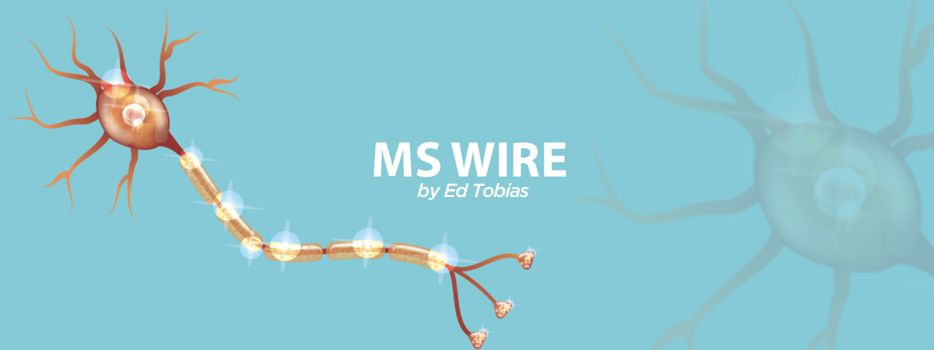MS News That Caught My Eye Last Week: DMTs and Disease Progression, Obesity, Sunlight and Relapses, MS Fatigue

Study: Past Long-term DMT Use Tapers Risk of Current MS Progression
Since being diagnosed in 1980, I’ve used four disease-modifying therapies (DMTs), starting with Avonex (interferon beta-1a) in the late 1990s. I haven’t had a true flare since shortly after my Avonex treatment began. My disease has progressed, but who knows how much more quickly it would have done that had I not been using a DMT. I wish one had been available during the first 15 years of my life with MS.
Long-term use of disease-modifying therapies (DMTs) in people with relapsing-remitting multiple sclerosis (RRMS) has a beneficial cumulative effect compared to shorter treatments, delaying the development of irreversible disability and conversion to secondary progressive MS (SPMS), a recent study shows.
The study, “Cumulative effects of therapies on disability in relapsing multiple sclerosis,” was published in the Multiple Sclerosis Journal.
Click here to read the full story.
***
Obesity, High BMI Linked to Greater MS Risk, Autoimmune Activity
Many people believe that changing their diet helps them treat their MS. There are several MS-specific diet programs, though the Mayo Clinic’s website says there is no evidence that any one of them can prevent or treat MS. But according to this study, maybe simply watching your weight can help. (Doesn’t it help improve health in general?)
Obesity and a higher body mass index (BMI) are associated with both increased multiple sclerosis (MS) risk and harmful autoimmune activity that is induced by leptin, a hormone secreted by fat cells, a study finds.
These results indicate that leptin, which helps regulate body weight, may act as a functional link between obesity and MS.
The study, “Obesity and the risk of Multiple Sclerosis. The role of Leptin,” was published in the Annals of Clinical and Translational Neurology.
Click here to read the full story.
***
Less Sunlight Means More Risk of Relapse, Disability, Studies Assert
I’ve always believed that sunshine helps MS. The more time I’ve spent in the sun over the years, the better I’ve physically felt. So, the reverse, as reported in these studies, makes a lot of sense to me.
Reduced exposure to sunlight, previously reported as a risk factor for developing multiple sclerosis (MS), also seems to increase the risk for relapse and worsening disability, data from two clinical studies suggest.
The beneficial effects of sunlight exposure were linked to increased levels of vitamin D, but also modulation of immune pathways, including the type I interferon response.
Click here to read the full story.
***
Mentally Overestimating Motor Tasks May Cause Cognitive Fatigue in MS
Can you think yourself into being MS-tired? I think you can. I think I did the other day, when thinking about an unusually large number of tasks I needed to complete made me feel unusually tired. I also got hit with cog fog for the first time in years. Has this happened to you?
People with multiple sclerosis (MS) tend to mentally overestimate the time required to complete a short walking activity, causing cognitive fatigue that may affect their quality of life, a study reports.
The connection between cognitive fatigue and imagined motor exercises may offer a potential therapeutic approach to improve motor function and quality of life in MS patients, the researchers said.
The study, “Spatial constraints and cognitive fatigue affect motor imagery of walking in people with multiple sclerosis,” was published in the journal Nature Scientific Reports.
Click here to read the full story.
We’ll be talking about some of these stories in our MS News Today Forums. Come join us.
***
Note: Multiple Sclerosis News Today is strictly a news and information website about the disease. It does not provide medical advice, diagnosis, or treatment. This content is not intended to be a substitute for professional medical advice, diagnosis, or treatment. Always seek the advice of your physician or other qualified health provider with any questions you may have regarding a medical condition. Never disregard professional medical advice or delay in seeking it because of something you have read on this website. The opinions expressed in this column are not those of Multiple Sclerosis News Today or its parent company, Bionews, and are intended to spark discussion about issues pertaining to multiple sclerosis.







Leave a comment
Fill in the required fields to post. Your email address will not be published.